This post is a little late in its formation mainly because this “step into the Chinese Collective” actually began a few months ago, but I can say it made my life easier when I had my computer break down.
If there’s a phrase that makes me simply smile, nod and walk away from anybody here in China, it’s, “you should buy it online. It’s cheaper.” This is true, “it” is often cheaper online, whatever “it” may be. But what they and so many Chinese people don’t appreciate is their language: they’ve had a lifetime of learning the Chinese characters while I’ve only had 2.5 years. As a result, I still can’t read Hanzi to save my life. All that is to say is that all of those “cheap” products sold online through outlets such as JD.com or taobao.com all require something that I don’t currently possess: the ability to read Chinese.
However, that’s only the first part of the process of ordering stuff online. I mean, I could randomly press buttons and just order it, but entering the address is another complication. Luckily, at 2.5 years I am able to say/write my address in Chinese within a quarter tone of correctness so I’m not completely lost. To add to that point, I’m only able to order stuff if I actually know what I want in Chinese. For instance, “hard drive” was pretty easy to find and navigate through, but something like “burr coffee grinder” is a little bit more difficult. And that’s to say nothing of being able to tell the real products from the fake. However, the big however, was actually getting to the point of being able to order stuff online.
I’ve written about Amazon.cn (z.cn, the Chinese version of Amazon) and WeChat before and have praised their English and how they make my life easier here in China. I should add, however, that nobody knows what “Amazon” is, it’s ya-mah-shuen (亚马逊) in Chinese. Nor is WeChat “WeChat”, it’s Wei-sheen (微信), but these are minor points at best. Amazon was great for me because not only does it deliver within hours (not like in the Canadian prairies where you have to wait 9 days to get your order) but it also accepted COD, cash on delivery. I used this for a long time because it meant I could side step the small issue about not having the ability to pay online (which I’ll get to in a moment).
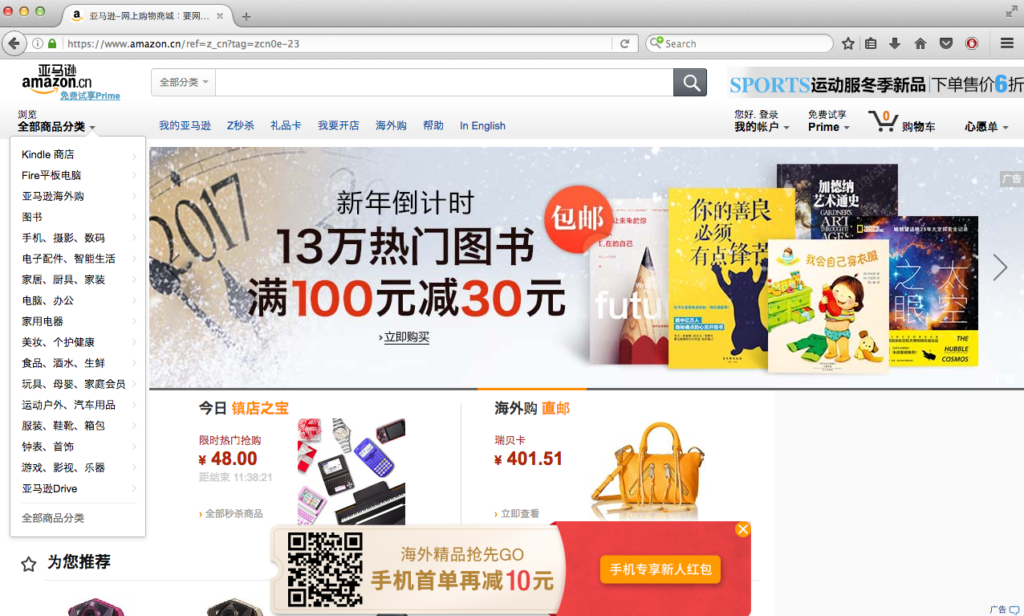
But many of my students and many other Chinese nationals don’t use Amazon nor do they use actual cash money, so they often looked at me in bewilderment when I said I paid in cash as if I was using some sort of foreign currency. Instead, they all use one of two digital payment methods: WeChat Wallet or Alipay.
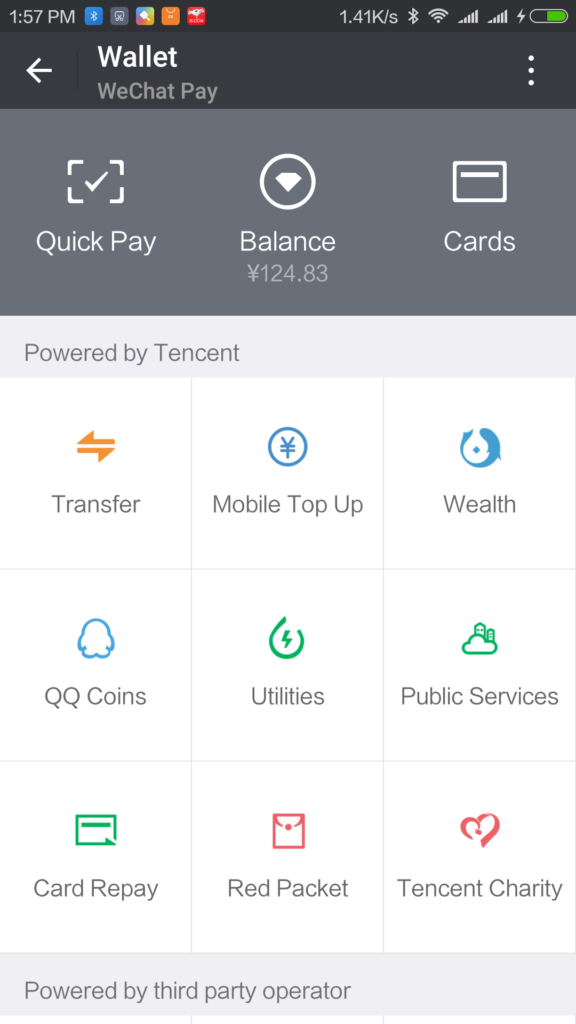
In China, WeChat and Alipay are the two dominant payment methods, both of which make life easier in big cities such as Beijing. And, although setting up WeChat Wallet and Alipay are relatively easy steps to complete, it still took me two years to figure out how to do it. Two years? Steve, how slow are you?! In retrospect I probably should’ve been able to figure this out earlier but there were some things working against me that I didn’t completely understand. It is with that I give my first piece of advice to new foreigners to China (and to any country):
FIND OUT WHAT YOUR BANKING INFORMATION IS THE DAY YOU OPEN YOUR ACCOUNT. WRITE DOWN EXACTLY WHAT THE BANK USED TO OPEN YOUR ACCOUNT.
I’m not kidding about this. Better yet, maybe have them help you open a WeChat Wallet account right then and there as it will make your life a lot easier.
The reason for the above warning is the small but funnily understandable problem that, well, just as I wouldn’t be able to tell Chinese family names from given names without some sort of cultural awareness, neither can bank tellers interpret foreign family and given names without some sort of cultural introduction. Suffice it to say, the aggravatingly small point about me needing to use Amazon for its COD purposes and not opening a WeChat Wallet account, or Alipay or whatever is simply because I couldn’t figure out the order and format of my name according to my Chinese bank.
And I asked! I asked the bank, what is the name on the account, what is the phone number and they gave me all the answers I requested but what I should’ve been asking is: how did you write my name on the account? Suffice it to say, the name on the account was similar but just different enough to my passport to prevent me from guessing what it could EASILY be. I’ll let you Google “how to open a WeChat Wallet account” to find out the numerous ways that they can misspell foreigners’ names here in China. But again, I will write it again, FIND OUT WHAT YOUR BANKING INFORMATION IS THE DAY YOU OPEN YOUR ACCOUNT AND WRITE IT DOWN EXACTLY AS IT APPEARS IN THEIR SYSTEM.
The moment I had finally figured out how they had ordered and spelled my name, I had a brief “Ah ha. Yea… that’s funny” moment.
In any event, that was a long step one. Now, with the power of a WeChat Wallet account and Alipay, I could now buy all that cheap stuff online.
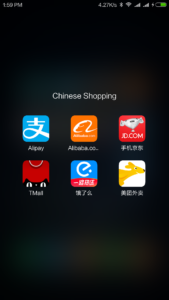
Well, almost. There is one more problem with buying stuff online. As you might recall, I have only been studying Chinese half-heartedly for about 2.5 years. Enough to impress girls at the bar but not enough to navigate websites without the “English” option. Basically, to get cheap stuff online in China you need to to be able to read some Chinese or at least know how to navigate a website without becoming overwhelmed by the fact you don’t know what it actually says.
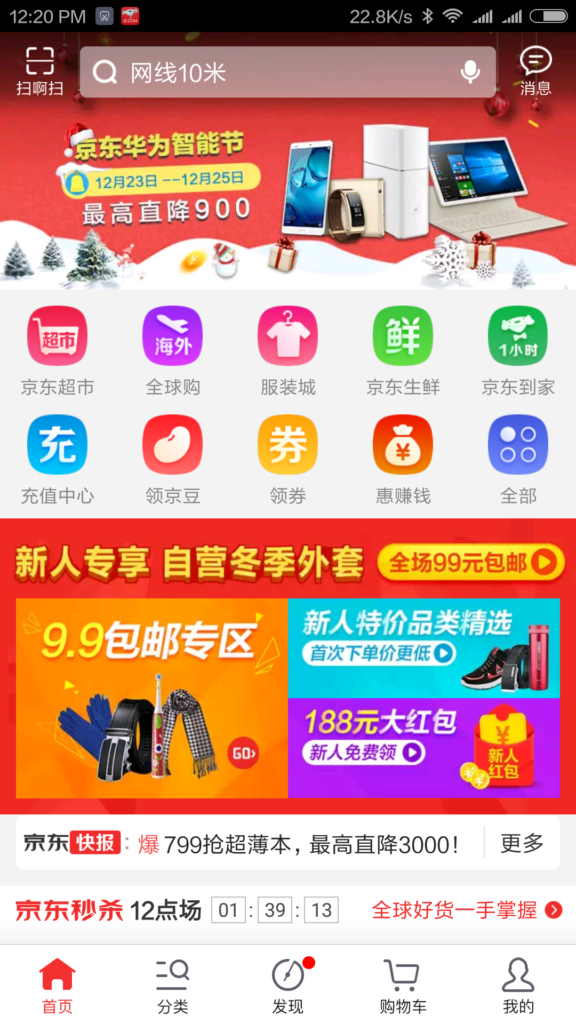
And this is where technology, although testing my patience, also helped me quite a bit.
I truly think WeChat is one of China’s great modern innovations and will someday take its place alongside the printing press or the compass or the other few things they are credited with inventing. The other great piece of technology developed in China for Chinese people is Baidu’s translator, simply called “Fanyi” (翻译) or “Translator”. This is the modern wrench, this is the modern tool that helps me navigate websites in Chinese. It is a beautiful thing, to be able to take a picture and translate some word or words, and that’s exactly what I do whenever I need to use a Chinese website.
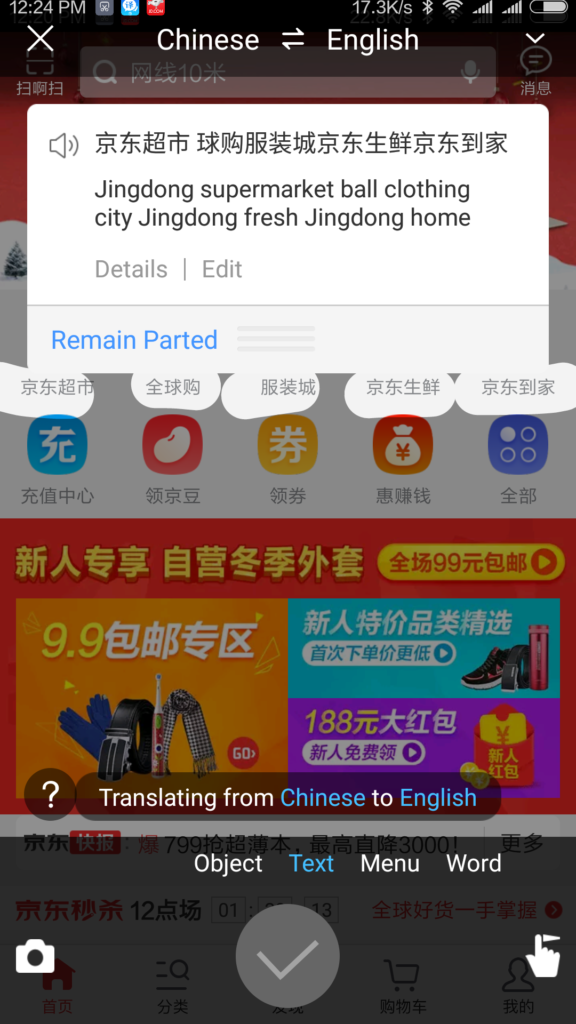
Armed now with the power of paying with WeChat Wallet or Alipay and a translator that can help me through the toughest of Chinese websites, I can now simply “buy it online where it’s cheaper.” And that will bring me to the third problem I encountered in this rather long week: sending money home.
(I haven’t mentioned the problem of ordering food online. Although I can use Baidu Translate to help me through a website, speaking with a lost food delivery driver is another issue altogether. And since my guesthouse lacks someone who speaks both English and Chinese (not to mention I don’t want the hassle), it’s always a bit nerve-racking to have food delivered.)